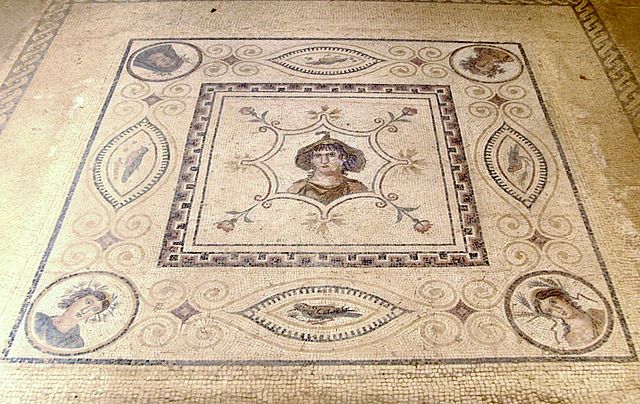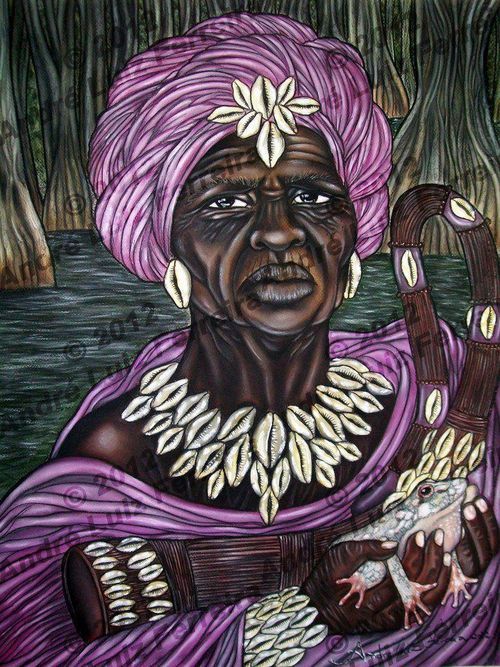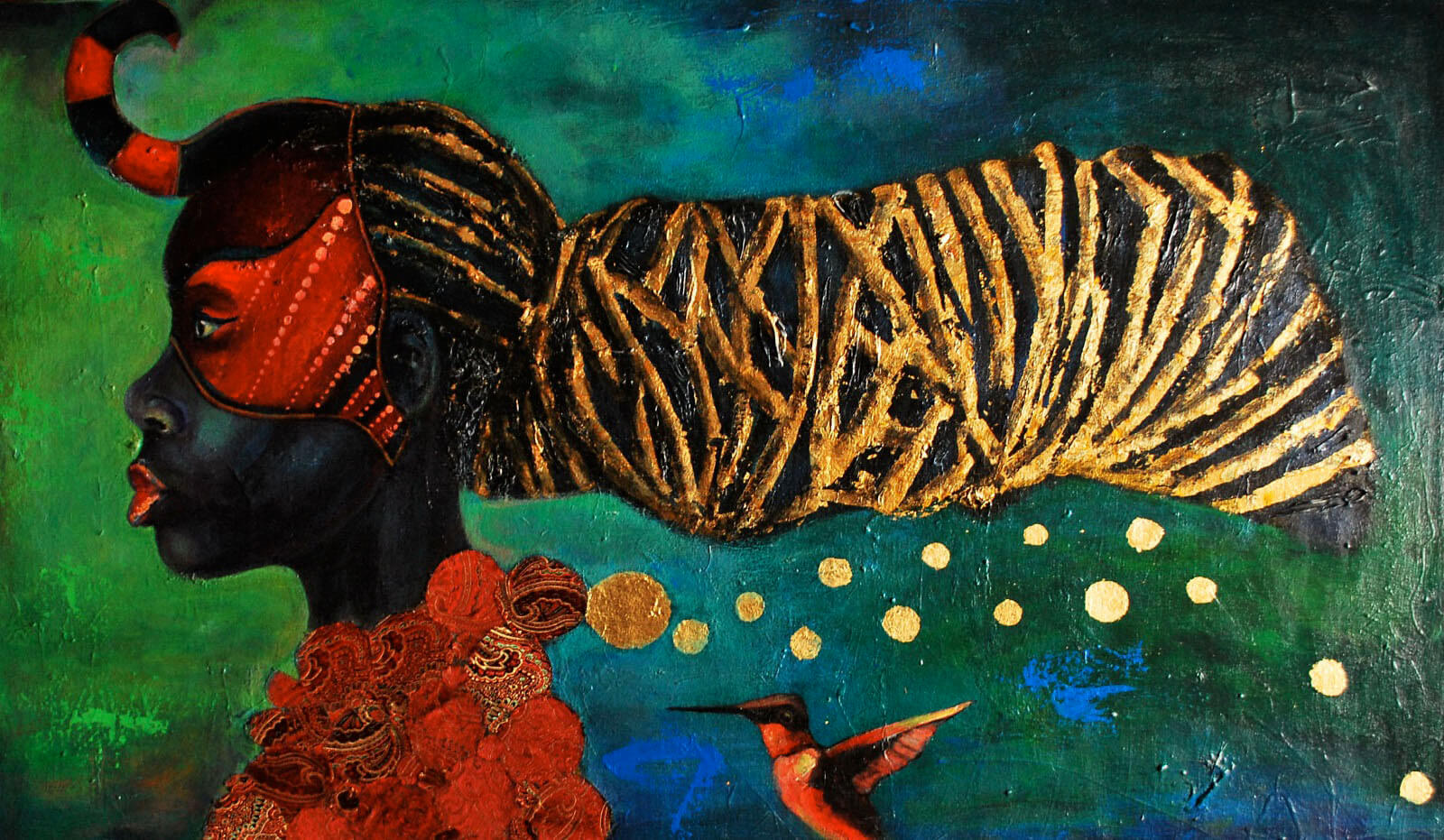The diversity of Africa extends beyond the genetic variations of her people. It reflects in a vast and ever intriguing array of colorful cultural groups, cuisine, attire and languages. Although many ethnic groups share and believe different myths in regards to the creation of man and supreme deities, a lot also share a common belief that there is a god that watches over them and provides for them.
DEA is believed to be the goddess sent by the supreme God to watch over Africa.
A MYTH OR ROMAN IMAGINATION
It is construed by some scholars that the personification of Africa did not start in Africa. It started in Rome and came to Africa almost as a suggestion. This explains the representation of Dea Africa on the roman coins. It is the worship of her that started in Africa. Not only is she depicted on coins, her images are also carved on stones and mosaics in roman Africa some of which are found in the El Djem museum in Tunisia and a sanctuary (Thamugadi in Berber).

A 2nd-century CE mosaic of Goddess Africa with Four Seasons at the corner, in El Djem Museum Tunisia. Source
THE DEITY CALLED DEA AFRICA?
Many Africans believe that she is the creator of Africa and the continent is named after her. These tribes believe that they are not Africans because they were born in Africa but are Africans because they were born by Africa. DEA Africa as a goddess was seen to be the greatest and supreme of all the other gods and supreme over the gods that were worshiped across Africa .
This popular goddess performed different functions in different parts of Africa. In some parts, she was a goddess of fertility and abundance (i.e she is the one prayed to when the land is barren or when a woman is unable to conceive). In Gerber, Ifri or Ifru , Dea Africa is a goddess of war alongside Guzril, a regulator. She was a god who listened to her people and helped them whenever they were in need.
In the book written by Pliny the elder called ‘Natural Story‘ stated that
“in africa nemo destinant aliquid nisi praefatus africam”
– No one does anything without first calling on Africa.
His book served as the first literary evidence of her existence; her images are also represented in different ways on Massyle coins.
These tribes believe that they are not Africans because they were born in Africa but are Africans because they were born by Africa.
Nana Buluku?
In comparison, DEA Africa shares similarities in description and function to the West Afriacan deity known as Nana Buluku.
Nana Buluku, also known as Nana Buruku is a female deity worshiped in several West African traditional religions as the Supreme Being. She is well known among the Fon people (Benin, Dahomey), the Akan people (Ghana) and the Ewe people (Togo) and is popularly seen as the most influential deity in West African theology. Several variations exist in regards to her description and the way she’s worshipe. For example, she is called Nana Bukuu among the Yoruba people of south western Nigeria and the Olisabuluwa among Igbo people of eastern Nigeria.

Nana Buruku
In Dahomey mythology, Nana Buluku is the mother Supreme Creator who gave birth to the moon spirit Mawu, the sun spirit Lisa and all of the Universe. After giving birth to these, she retired and left the matters of the world to Mawu-Lisa, according to the Fon mythology. She is the primary creator, Mawu-Lisa the secondary creator and the theology based on these is called Voodoo.
Due to events of slavery during the colonial era, her worship spread to other areas of the world. She is found in French, Dutch and British West Indies in particular, such as among the African-heritage communities of French Guiana, Suriname, Guyana, Brazil, Trinidad, Martinique, Haiti, Jamaica and other Caribbean islands
[Header image]– Full circle a solo exhibition of works by tamara natalie madden via alchetron.com
Sources: wikipedia

